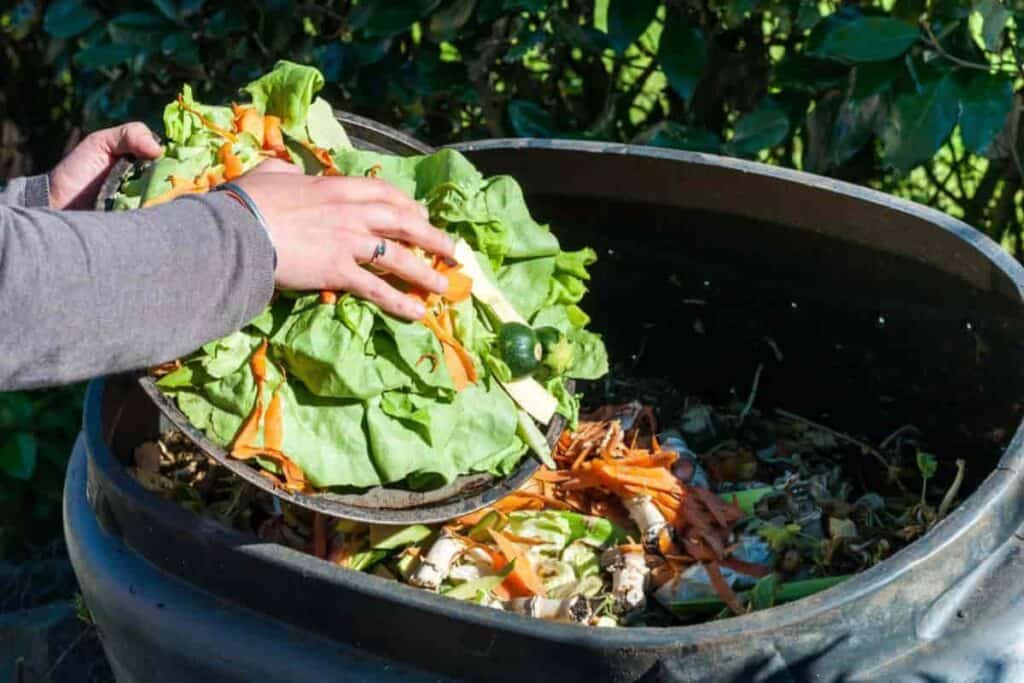Cemmenting on the claim by advocates of organic gardening that commercial fertilizers are harmful to the soil.

Donald Conlin of the Ohio Agricultural Experiment Station, Wooster, says that, although the use of composts and organic matter is highly recommended for gardens.
Commercial Fertilizers
Experimental results show that when commercial fertilizers are used with organic matter in any form the yields are usually greater than when either material is used alone.
Furthermore, when properly used commercial fertilizers are definitely beneficial, not detrimental, to garden soils and crops.
The actual result obtained from any soil treatment, however, will vary considerably depending upon the soiI, seasonal conditions, and the crop being grown.
Soil Analysis
Experiment Station authorities suggest that a soil analysis be made first so that the gardener may know the actual fertility level of his soil and what ingredients in what amounts will benefit the crops he contemplates planting.
They also suggest that compost will decompose most rapidly and benefit the soil most when a mixture of finely ground limestone and fertilizer chemicals supplying available nitrogen.
Phosphorus is mixed with the compost materials, especially when manure is not available.
For each cubic yard of compost, they suggest using a mixture containing 45% of sulfate of ammonia or cyanamid, 15% of superphosphate, and 40% of finely ground limestone.
44659 by Na
